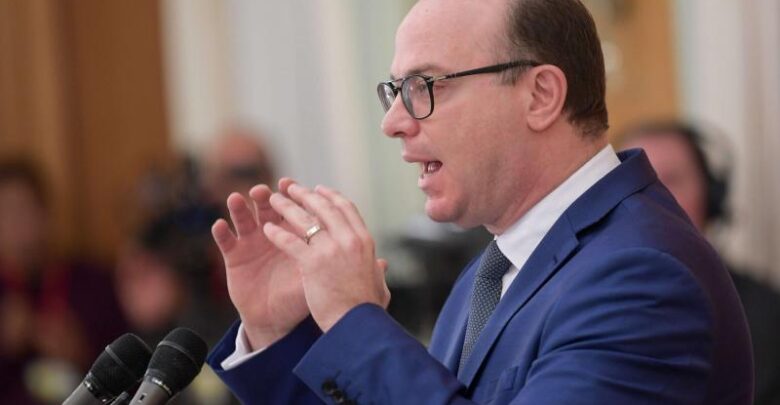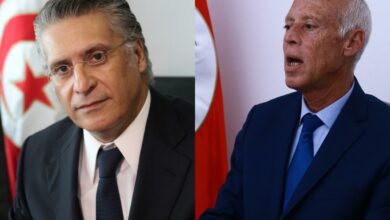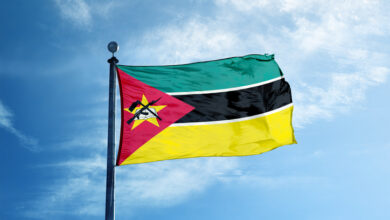World
Tunisia: PM Lists New Coalition Government, Says Negotiations Will Continue

Tunisia’s designated Prime Minister Elyes Fakhfakh announced the lineup of his proposed government on Saturday, but, said the coalition negotiations would continue after the Ennahda party, the biggest parliament party, pulled out of the lineup, reported Reuters.
Tunisia’s President Kais Saied had asked Fakhfakh, a former finance minister, to form a government after the parliament previously rejected a list proposed under the leadership of Ennahda following October legislative elections. On the president’s order, Fakhfakh proposed the cabinet nominees list which had Imed Hazgui nominated as defense minister, Nizar Yaich as finance minister, and Nourredine Erray as foreign minister.
But now that major political parties of Tunisia have opposed the prime minister’s coalition and cabinet composition, Fakhfakh will need to get a strong parliamentary majority needed to bring about any significant political programme.
“Ennahdha’s decision places us in a difficult position,” Fakhfakh said.
The prime minister said he had agreed with the president to search for a solution through legal and constitutional means.
Ennahdha won the maximum number of seats in October’s legislative election but was still far short of a majority. The party, with 53 seats, is demanding for the formation of a national unity government that would include defeated presidential candidate Nabil Karoui’s Qalb Tounes party, which won 38 seats.
Last month, the parliament rejected a proposal brought forward by Ennahda’s prime minister nominee, Habib Jemli, to form a coalition government, giving Saied the chance to ask his own candidate, Fakhfakh, to form a cabinet.
“Ennahdha has decided not to take part in the government or in a vote of confidence,” senior Ennahdha member Abdelkarim Harouni told the AFP news agency.
Nabil Karoui, head of the Heart of Tunisia party, also affirmed his decision to join the opposition in a note published on his official Facebook account on Saturday.
If in case the parliament rejects Fakhfakh’s proposal next week, there will be a new parliamentary election in Tunisia within the next three months.






